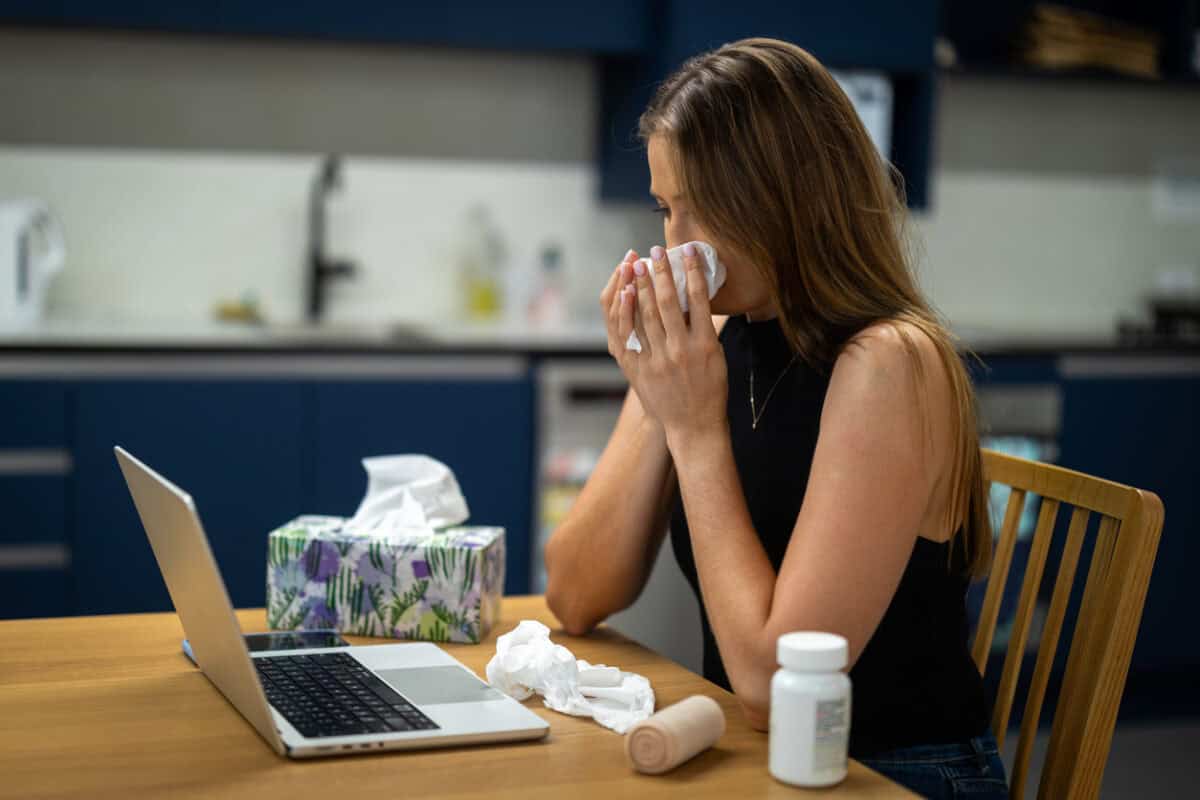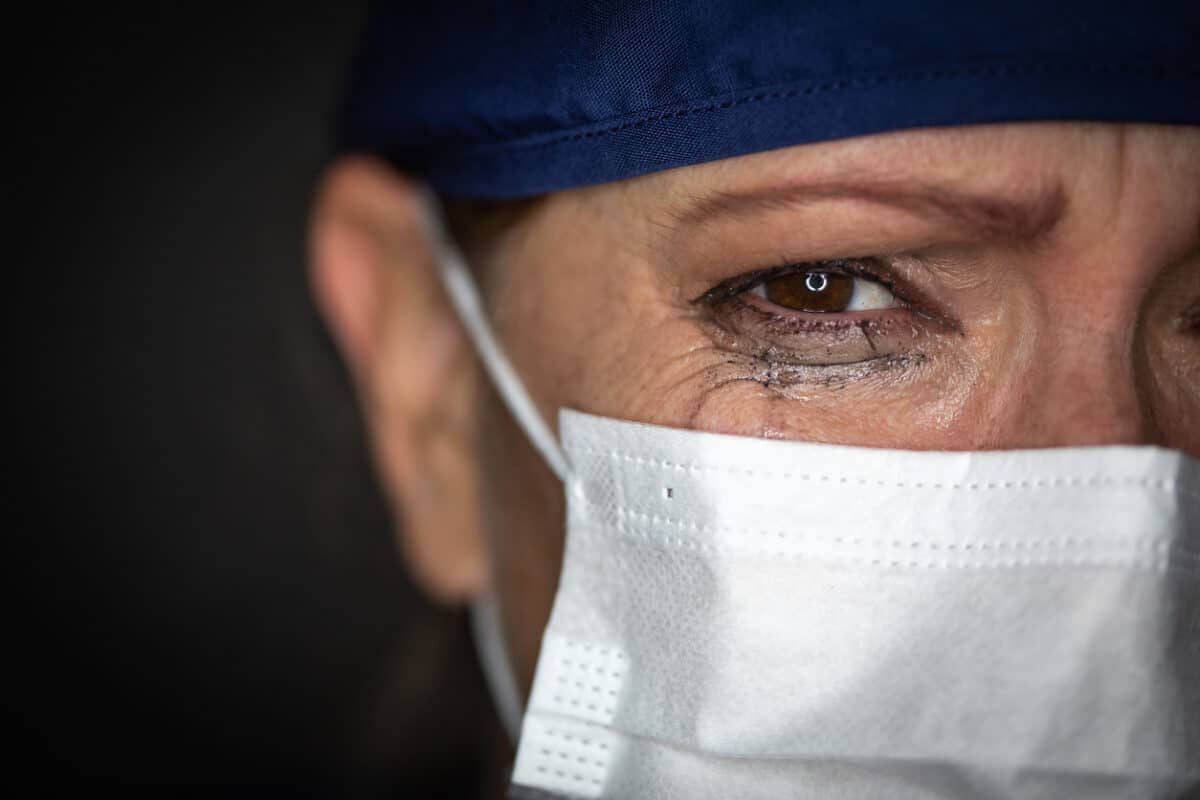Australia is currently in the Winter season of sniffles, colds, and influenza, which generates illness and workplace absences. In the northern hemisphere, excessive heat may be causing a similar level of workplace absences. A recent article from the Australian Broadcasting Corporation discussed workplace absences due to illness.
Category: disease
Mental confusion
Recently, Safe Work Australia published exciting and important data about mental health at work. The data seems to support the assertion that psychosocial hazards at work are a significant risk, but I remain confused. I asked SWA to help unconfuse me and they have tried.
One of the biggest handicaps that occupational health and safety (OHS) has experienced over decades is translating data and research into terms and concepts that the layperson (of which I claim to be) can understand. OHS communication is improving, but more effort is needed.
Engineered stone in the business media
The Australian Financial Review (AFR) is a newspaper written for and about business, so worker safety and health is usually depicted as a nuisance to be addressed only when one absolutely must. However, its coverage of engineered stone products is notably skewed.
“Backbone of the Nation” and safety
In 1984 I was in England during the miners’ strike, a period of profound social and political change in the United Kingdom. The politics of that period have always fascinated me, but my profession has also caused me to look at some of the attitudes to occupational health and safety (OHS). While holidaying recently in the UK, I purchased Backbone of the Nation, looking at both the politics and safety.
Moral distress = moral injury = workplace mental ill-health = burnout.
On December 29 2023, The Guardian newspaper’s cover story was about doctors in the United Kingdom’s National Health Service experiencing high rates of “moral distress”. It is common for hospitals and health care services to consider themselves as workplaces with unique hazards rather than suffering similar occupational health and safety (OHS) challenges to all other workplaces. What makes the OHS challenge so significant in the NHS is the size of the challenge rather than its nature or cause.
Caesarstone has a point in its identification of the root cause for silicosis deaths
Engineered stone manufacturers are, understandably, not happy with Australia’s proposed ban on their silicosis-generating products. Some home builders have also expressed dissatisfaction. They are often ignoring the reason for the ban – the unnecessary deaths of workers – although at least one argument has merit.
In an article by the Australian Broadcasting Corporation, Caesarstone, the major supplier of engineered stone to Australia, identified what it sees as the real causes of silicosis risks:
Australia is the first nation to ban engineered stone due to worker health concerns
The heads of Australian work health and safety authorities have decided to ban engineered stone from the middle of 2024. Some will seed this as a win for the trade union movement ( the unions certainly will), but many occupational health and safety and industrial hygiene professionals have been leading the way in obtaining the research evidence that made this decision such an easy one to make.







